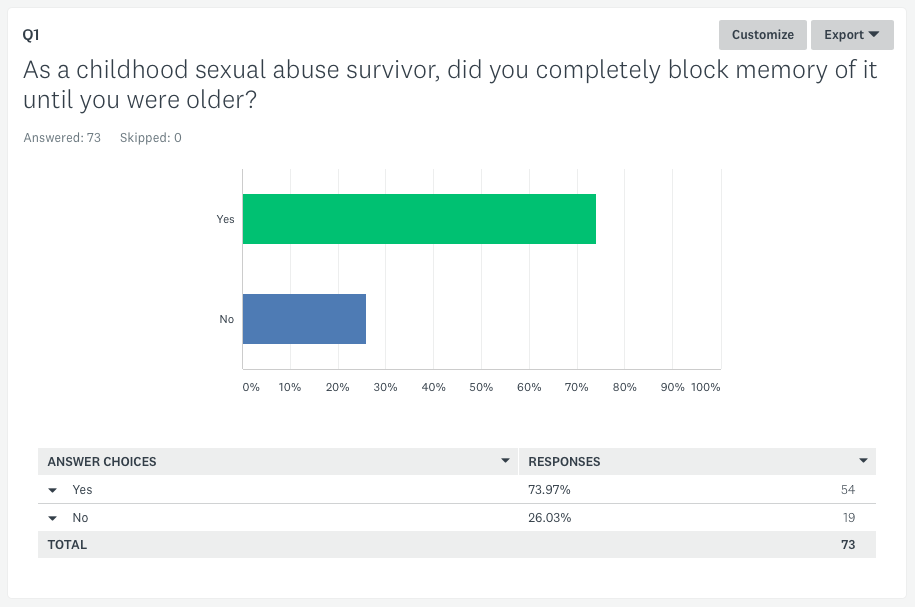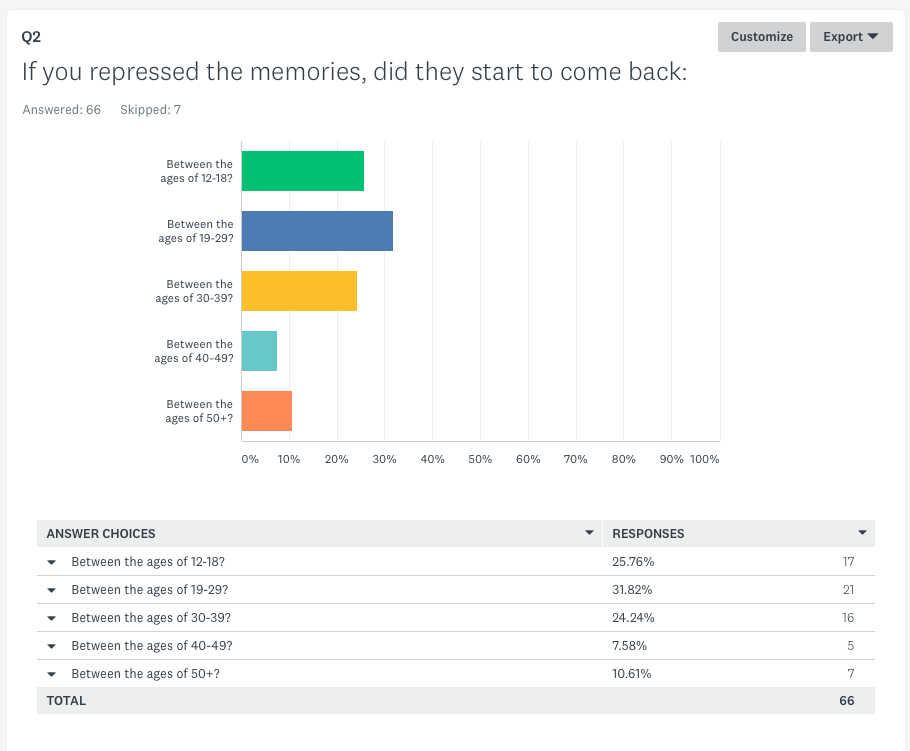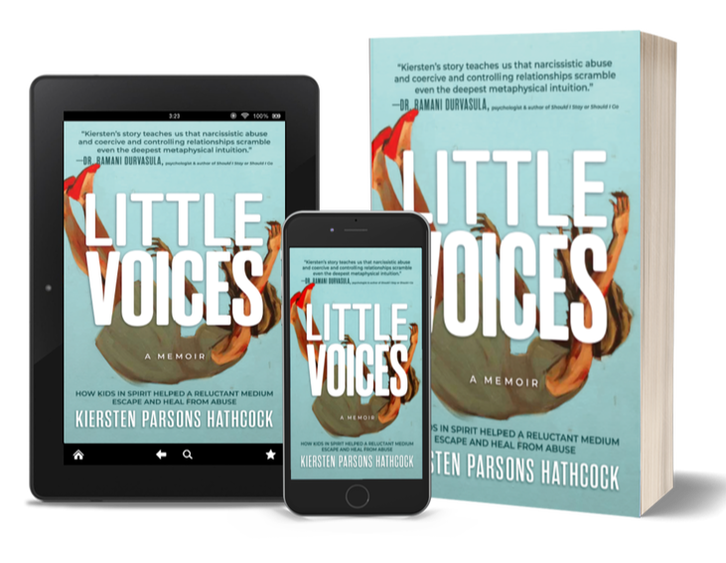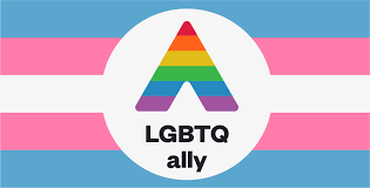|
Back in June, I created a survey about childhood sexual abuse. Seventy-three survivors filled it out (THANK YOU!!) and validated what I have learned over the past four years, as a survivor who repressed the abuse I experienced. Repression is real. It's common, especially in children. It's also widely controversial due to the "false memory" movement. Why is it important to even know this information? What does it matter? 1. The memories may be repressed/hidden but the subconscious brain is still "in the know" and driving the bus, so to speak. 2. The statute of limitations to prosecute varies by state. With that said, according to the National Center for Victims of Crime as published on ncsl.org, "nearly every state has a basic suspension of the statute of limitation ("tolling") for civil actions while a person is a minor. Many states have also adopted additional extensions specifically for cases involving sexual abuse of children. Extensions for filing civil actions for child sexual abuse are most often based upon the discovery rule—by the time the victim discovers the sexual abuse or the relationship of the conduct to the injuries, the ordinary time limitation may have expired. This "delayed discovery" may be due to emotional and psychological trauma and is often accompanied by repression of the memory of abuse. Child victims frequently do not discover the relationship of their psychological injuries to the abuse until well into adulthood -- usually during the course of psychological counseling or therapy. They may not even discover the fact of such abuse until they undergo such therapy." BUT NOT ALL STATES. "Alabama has no special statute of limitations. The Alabama Supreme Court has refused to adopt a discovery rule or any provision to repressed memory claims. Claims must be brought within 2 years of the date of the injury under Alabama Code § 6-2-38" Let's look at the survery results that support REPRESSION IS REAL.... (Please click the READ MORE button on the right to read more....) Look at those numbers above. 74% of respondents said yes, they blocked memory of it until they were older. And look at this chart, above. The majority of memories started to come back between the ages of 19 and 29. Using myself as an example, even if I recovered memories at age 29, twenty-four years after the event happened, I would STILL not be able to prosecute my abuser in some states. It's crazy to me that as far as we've come in the world of psychology, 74 percent of the 73 people I surveyed would be told by many, and a few states, that their recovered memories aren't real and they have no recourse. Some states, like Pennsylvania, have instituted extended statutes of limitations that are helpful in some cases and NOT at all helpful, in others: "Extended Statute of Limitations (SOL) Section 5533(b) (2) of Title 42 of the Pennsylvania Consolidated Statutes is amended to provide a SOL of 12 years from the date of a victim reaching his or her age of majority (18). The act also provides, however, that the amendment to 42 Pa.C.S. § 5533(b) shall not be applied to revive an action that has been barred by an existing statute of limitations on the effective date of the act." So if you are a minor in Pennsylvania and you were taken advantage of sexually by an adult over 18, you have twelve more years AFTER you turn 18, to prosecute. That still doesn't take into consideration repression, but it does help protect young girls and boys who may have had sexual intercourse with a sexual predator over eighteen while they were not of age to "consent." Speaking of, the Pennsylvania Age of Consent is 16 years old. In the United States, the age of consent is the minimum age at which an individual is considered legally old enough to consent to participation in sexual activity. Individuals aged 15 or younger in Pennsylvania are not legally able to consent to sexual activity, and such activity may result in prosecution for statutory rape. One day, I hope that all states do away with the statute of limitations that have handcuffed victims for years and years. I will do whatever I can to help change this for generations to come and ensure that surivors aren't made to feel crazy when they talk about recovering repressed memories. Isn't it bad enough we had to experience the abuse in the first place? Come on, America. We can do better. We can change the culture and the laws to better protect the victims, not the abusers. (This is the first part of a two-part series on repression. I will share the rest of the results of the survery in the next post.)
0 Comments
Your comment will be posted after it is approved.
Leave a Reply. |
Categories
All
Archives
June 2024
|
|
All rights reserved. 2022.
|



 RSS Feed
RSS Feed



